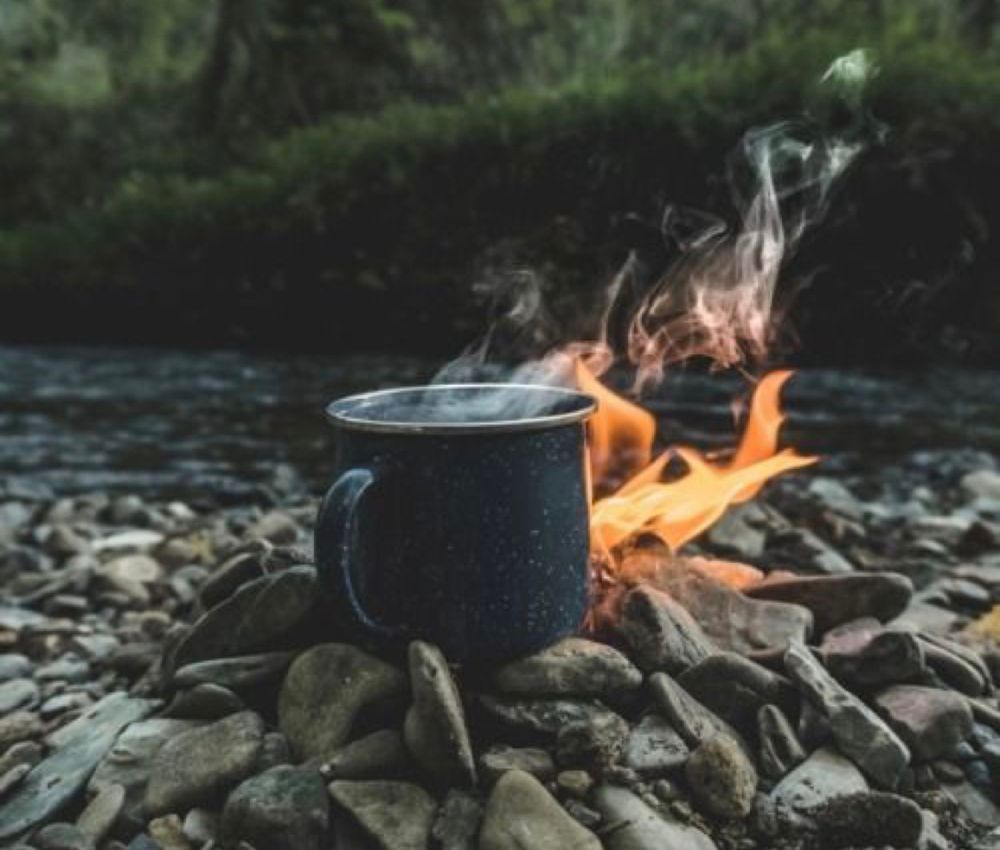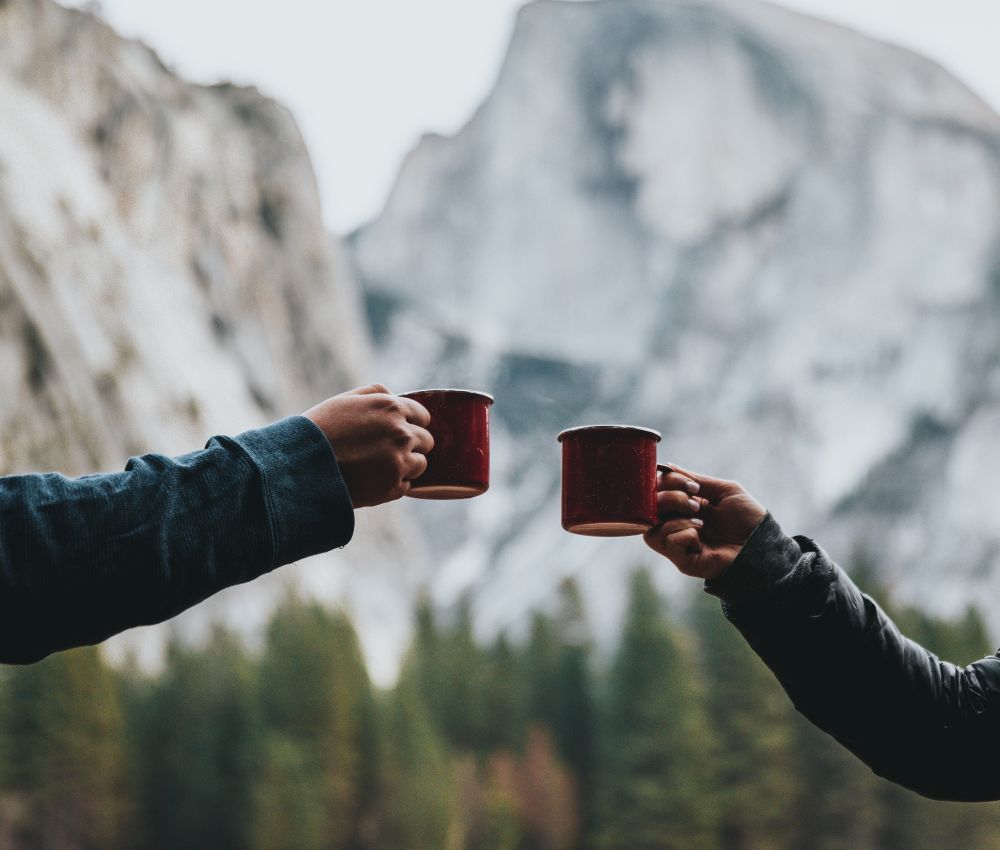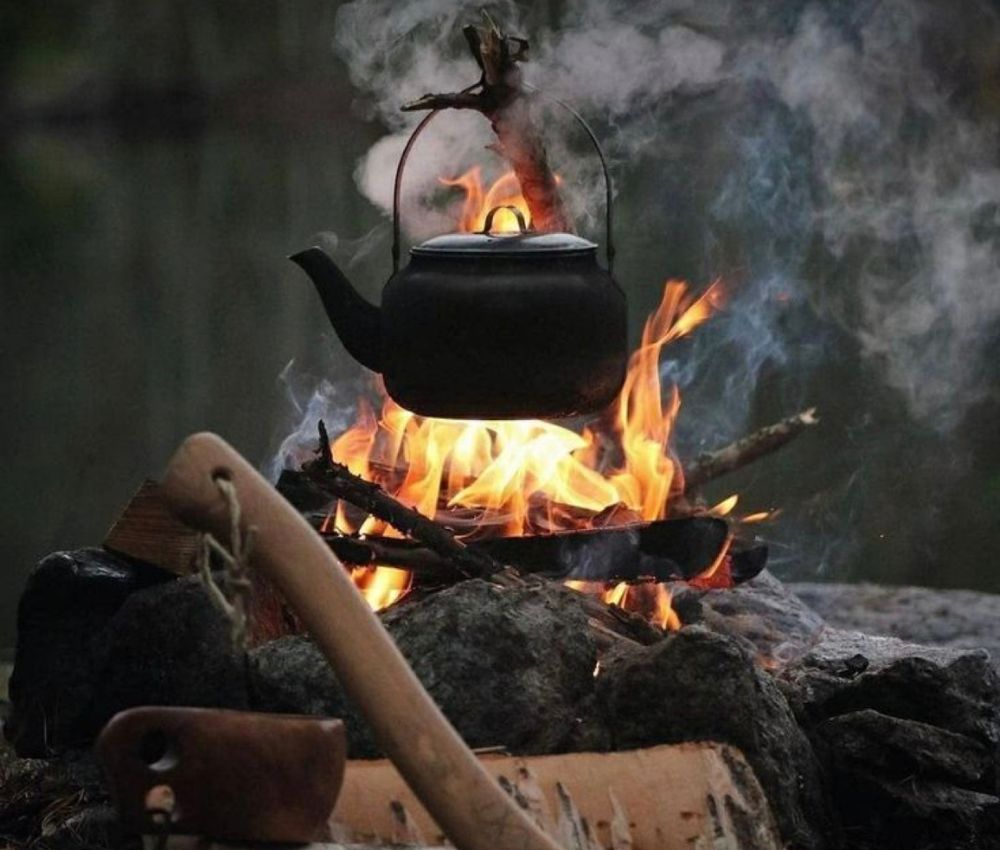Cultivating Curiosity and Playfulness in Our Work

Cultivating Curiosity and Playfulness in Our Work
Kia ora friends. This week, our 100,000 Cups of Tea conversation focused on Curiosity and Playfulness, exploring how these qualities shape our approach to work, leadership, and facilitation. We looked at how curiosity and play allow us to connect deeply, lighten the weight of serious work, and inspire creative approaches. Here are the insights and reflections shared, offering ideas on integrating curiosity and playfulness into daily life.
Curiosity as a Gateway to Deeper Connections and Knowledge
For many, curiosity is an essential part of building relationships. One participant shared, “I think curiosity requires the confidence to move beyond yourself and be genuinely interested in someone else. It’s a courageous act that builds trust and deepens connections.” Another participant illustrated this by recounting a recent conversation, “I was speaking to a 91-year-old about his family history, and what unfolded was remarkable. When we’re curious and just listen, people share so much more than we expect.” Together, these reflections highlight how curiosity invites the sharing of knowledge that might otherwise remain hidden, allowing relationships to connect and flourish.
Creating a Playful Environment
A playful workspace can transform the way we connect and collaborate. One participant shared an example from their workplace: “We have a colleague who brings a playful spirit with her. She set up a gaming table with board games and puzzles, so whenever we need downtime, we can take a break and have some fun together.” This playful atmosphere encourages everyone to step back from the day-to-day seriousness and enjoy simple, collaborative activities. It’s a reminder that playfulness doesn’t have to take away from productivity—instead, it can enhance it.
Play as a Foundation for Collaboration
Light-heartedness can be a good foundation for collaboration, creating an open space where creativity and ideas flow naturally. Reflecting on a past experience, one participant shared: “I was recently in a collaboration with someone who had no playfulness at all, and I’ve now learned that’s a red flag. The collaboration fell apart completely. For me, work is play, and play is work.” This insight highlights how a playful approach can support the development of collaborative spaces where both connection and creativity can thrive.
Rediscovering Play Through a Childlike Perspective
A thought-provoking question arose in the discussion: “Why do kids go straight to curiosity and play first, and what do we forget as adults?” This reflection invited everyone to consider how adult responsibilities and societal expectations often distance us from the natural playfulness we had as children. One participant referenced Sir Ken Robinson’s TED Talk, Do School Kills Creativity, observing that the industrial revolution's focus on productivity shaped schooling systems to prioritise efficiency over curiosity and play—a design that has persisted. This discussion served as a call to return to our innate curiosity, and to embrace, remember and draw from a childlike perspective.
Balancing Seriousness with “Serious Fun”
Many shared the value of embracing both seriousness and humour. One participant described this balance, saying, “In my work, I talk about ‘serious fun.’ Life’s short, and if I’m not having fun—even in serious work—it can feel like drudgery. But if I can laugh at myself and others in a light-hearted way, then work becomes ‘joyous drudgery.’”
Others shared how they had to cultivate light-heartedness over time. One participant said, “My family has always been quite serious, so it’s taken effort to rediscover curiosity and play—not only in work but also in everyday life.” Embracing curiosity and playfulness as adults can be a journey that reconnects us with qualities that help us feel more present and engaged.
Humour as a Facilitation Tool
Humour was highlighted as a powerful tool in facilitation. One participant reflected, “I used to find it hard to be serious. I was always known as the jokester, the prankster. But over time, I found a balance where I could bring humour into facilitation in a way that lightens the energy. Using humour where appropriate helps create a welcoming atmosphere, making space for everyone to feel comfortable and share openly.” This approach brings warmth and openness to facilitation, making serious topics more approachable.
A Final Reflection
To close our kōrero, a participant shared an interesting perspective: “I think of playfulness like playing cards on a coffin. Even in the most serious, grief-filled times, there’s room for play. You can make life as heavy as you want, but there’s always an opportunity to make it lighter.” This insight illustrates how light-heartedness can be woven into life’s heaviest moments, allowing us to hold space for joy alongside struggle.
Another participant offered a final reminder: “If we lose curiosity, we risk seeing only what we expect rather than what could be possible.”
Question for Reflection:
How can we continue to nurture curiosity and playfulness in the face of routine or pressure, and what impact might this have on our relationships and workspaces?

